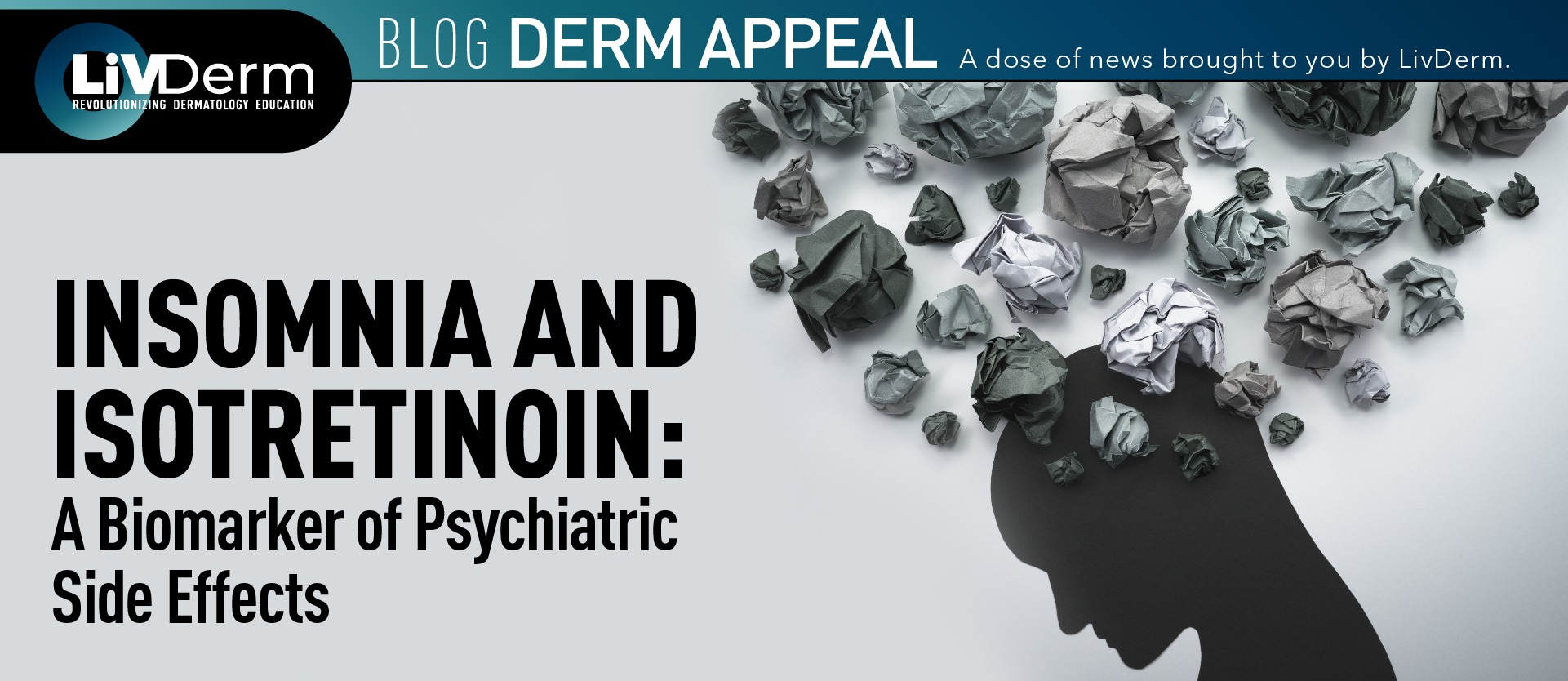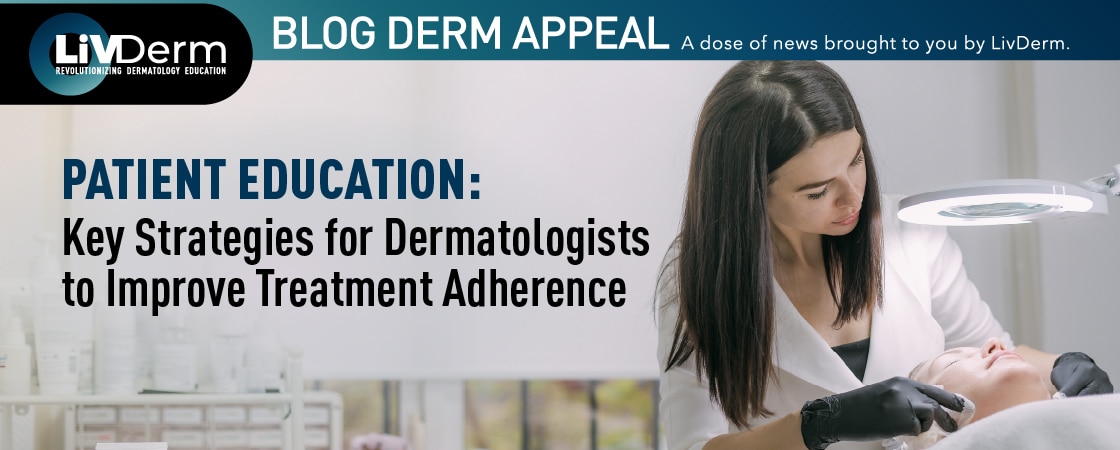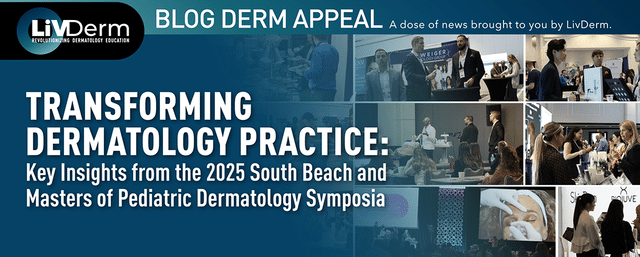Patient mental health is an important factor to consider with isotretinoin prescription, which is often used to treat acne vulgaris symptoms. A wide range of psychiatric syndromes have been associated with isotretinoin use – including depression, psychosis, and suicide – with insomnia being a common complaint. The sleep disorder itself is a comorbidity present in over 80% of psychiatric disorders, leading researchers to believe that insomnia may be a biomarker able to predict vulnerability for previously idiosyncratic neuropsychiatric reactions.
As isotretinoin has been linked to higher risk for insomnia it could potentially indicate psychiatric vulnerability, as research from the American Academy of Dermatology recently outlined.
Insomnia and Isotretinoin
A study conducted by lead author Madhulika A. Gupta, MD, MSc, professor of psychiatry at the Schulich School of Medicine and Dentistry and colleagues aimed to assess the impact of isotretinoin on sleep dysfunction and the potential consequences of this adverse reaction in group of acne patients. Researchers examined data from the Food and Drug Administration Adverse Event Reporting System (FAERS) database for acne patients who reported insomnia related to isotretinoin use – with the drug assumed to be the cause of symptoms.
All generic and trade names for isotretinoin were used in the analysis while baseline odds of insomnia were calculated with the use of isotretinoin for acne compared with all other acne treatments listed in the FAERS database.
Of the 218,594 Individual Safety Reports regarding the use of isotretinoin for acne treatment identified for patients with an average of 23 years, results found that 1,095 Individual Safety Reports were associated with the adverse event of insomnia (average patient age of 20 years).
The reporting odds ratio for insomnia in patients using isotretinoin versus all other acne treatments was 2.19 and deemed highly significant indicating a higher risk for insomnia among this subgroup.
Insomnia as A Biomarker
As the findings reveal, insomnia is a common symptom reported by acne patients treated with isotretinoin. Seeing as the average age of these patients is young (between 20 and 23) experts note that sleep dysfunction is not a prevalent symptom in early adulthood and thus, must indicate an adverse reaction to the medication.
“It is unusual for a young acne patient with an average age of late adolescence or early adulthood to have insomnia as a major complaint,” Dr. Gupta explained in an article in Dermatology Times. “Insomnia is a sign of autonomic dysregulation/activation, which in turn has a high association with impulsive behaviors like suicide and aggression. There seems to be a link between isotretinoin use and insomnia; the onset of insomnia in the acne patient using isotretinoin may suggest a vulnerability for other psychiatric adverse events.”
Dr. Gupta further explains that in general, patients using isotretinoin exhibit improvement in acne symptoms which is also associated with positive effects on mental health and quality of life. However, she notes that it remains difficult to predict which patients will experience neuropsychiatric reactions. “The development of insomnia with isotretinoin use may prove to be a ‘biomarker’ for a vulnerability to develop serious psychiatric adverse effects with isotretinoin,” says Dr. Gupta.
According to Dr. Gupta, clinicians may try to incorporate symptoms of insomnia into acne patient screening questions as well as during the course of isotretinoin treatment, including testing for sleep disorders which may be indicative of vulnerability to other adverse psychiatric events. Clinicians must recognize that while generally mental health improves when patients are given isotretinoin due to significant improvement in acne symptoms, the risk for negative reactions is high. As a result, clinicians may be hesitant to prescribe the drug, particularly to patients with a history of psychiatric issues.
While it is possible that isotretinoin may be associated with autonomic dysregulation in certain patients and may explain insomnia manifestation, future studies of the association between isotretinoin use and insomnia are necessary to further investigate this phenomenon. The latest findings indicate that in patients being prescribed isotretinoin, insomnia can be an early sign of a larger problem requiring further evaluation and close monitoring.

















